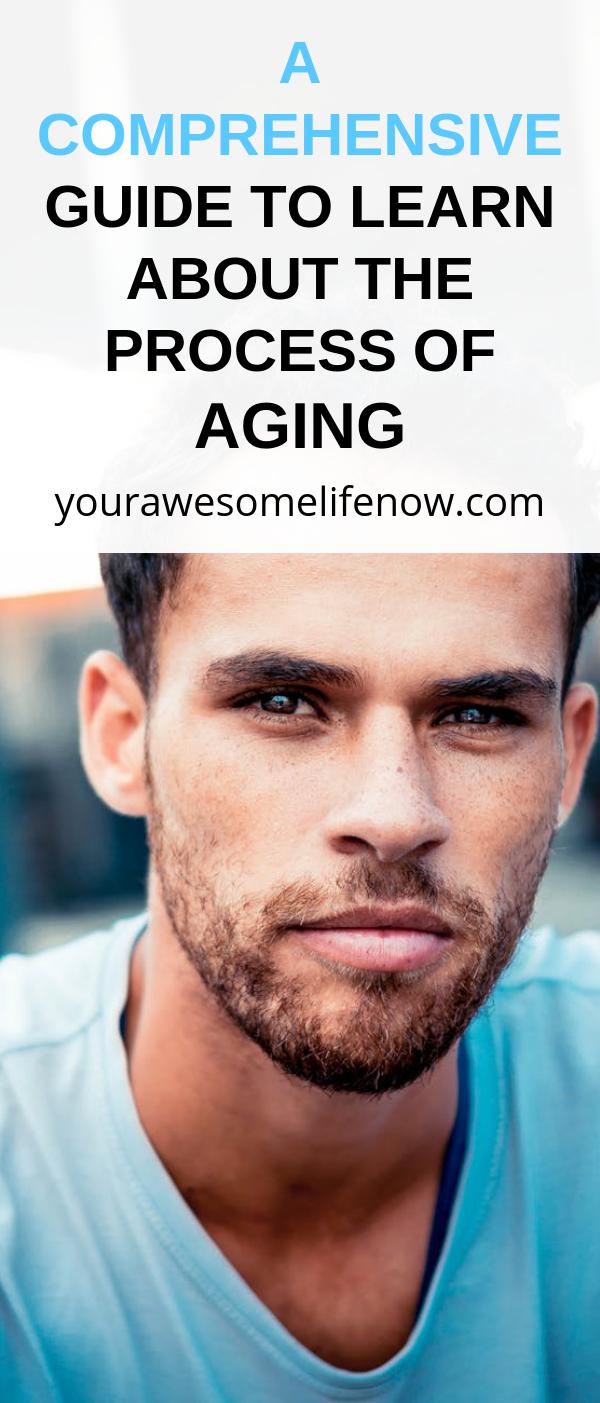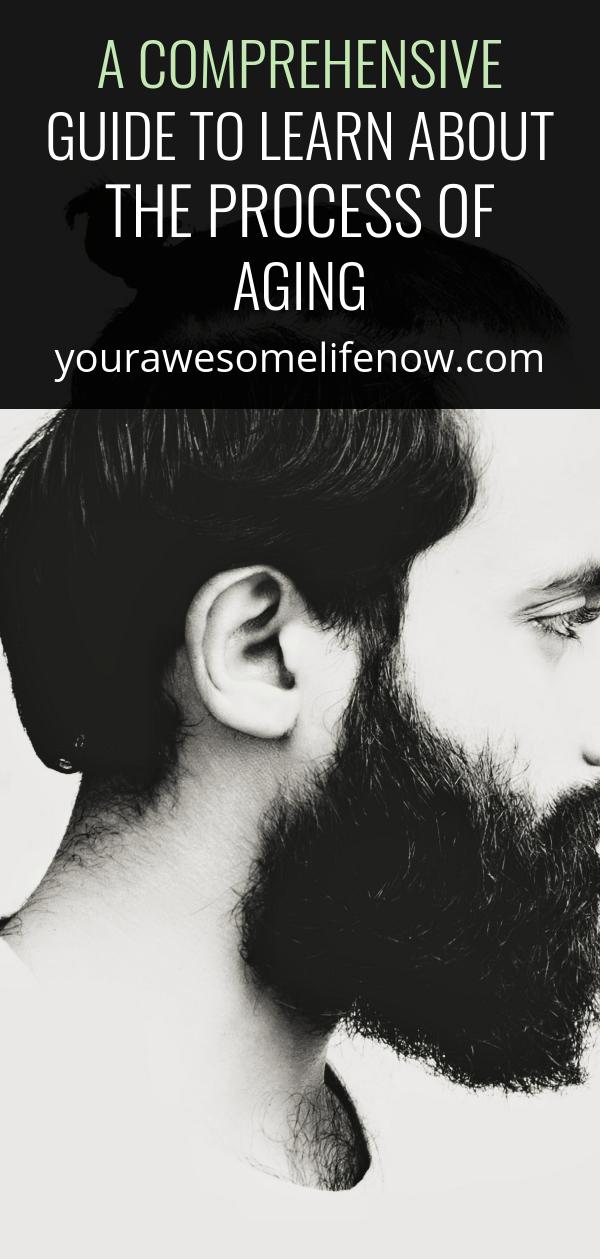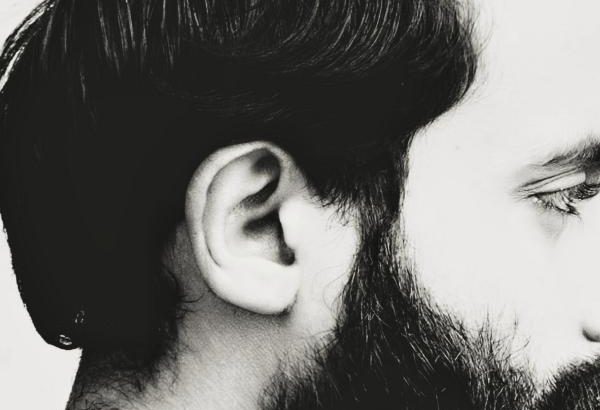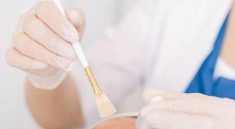Aging is the gradual process of the body and mind losing their elasticity. The body becomes stiffer, shows signs of aging, etc. The following are signs and symptoms of aging that can alert you to the problem.
Skin becomes dry, rough, and breaks easily. Aging brings on cracking of skin on hands, face, feet, etc. Dry skin also becomes thin, making it susceptible to wrinkles and other signs of aging. Fatigue is a common symptom of aging. Your energy level plummets when your system is not producing enough energy to keep up with the demands of everyday life.

Age-related diseases such as heart disease, stroke, and diabetes are also signs of aging. You can expect to have a higher incidence of osteoporosis, gout, arthritis, heart failure, cancer, and other ailments in old age. You can benefit from these diseases if left untreated.
Mental health declines rapidly as people get older. Depression, confusion, paranoia, agitation, anxiety, sleep disorders, and suicidal thoughts are common.
Physical signs of aging are bone fragility, fractures, loss of muscles, and tissue atrophy. These are caused by stress and muscle atrophy in old age. They are more obvious and visible in older people.
Loss of memory and cognitive function are a few of the different manifestations of aging. Aging changes your brain and causes its parts to breakdown gradually. Alzheimer’s disease, Parkinson’s disease, multiple sclerosis, and other disorders of the brain are some consequences of aging. Cognitive problems can be treated through medications and therapy.
Stress-related diseases such as anxiety, depression, and other emotional and behavioral disorders can also cause physical changes in old age. Anxiety and depression can be treated through counseling, psychotherapy, medication, and other medical treatments. Stress itself should be minimized if possible. When you can manage stress, you will be able to help yourself in maintaining a healthy and productive lifestyle.
Aging is accompanied by an increase in the risk of experiencing heart disease, stroke, certain types of cancer, arthritis, diabetes, and other diseases of the joints. There is a strong association between Alzheimer’s disease and genetics. Genetics can also influence the rate of aging.
Changes in personal relationships can cause physical changes in an individual’s health. Age-related changes include weight gain, loss of libido, loss of self-esteem, loneliness, lack of interest in hobbies, alcohol and drug abuse, and divorce. Addressing these problems can go a long way to improving an individual’s life and well-being.

Aging is defined as the process whereby the body ages more slowly than before. As we grow older, we start losing body cells and its ability to fight diseases. The body becomes immune to viruses and bacteria, requires more frequent visits to the doctor, and generally ages faster than in the younger age groups.
Growing older is inevitable and happens to everyone at some point in their lives. The best thing to do is to prevent aging as much as possible. The best way to do this is to live a healthy lifestyle. Exercise regularly, eat nutritious food, and get enough rest and sleep.





